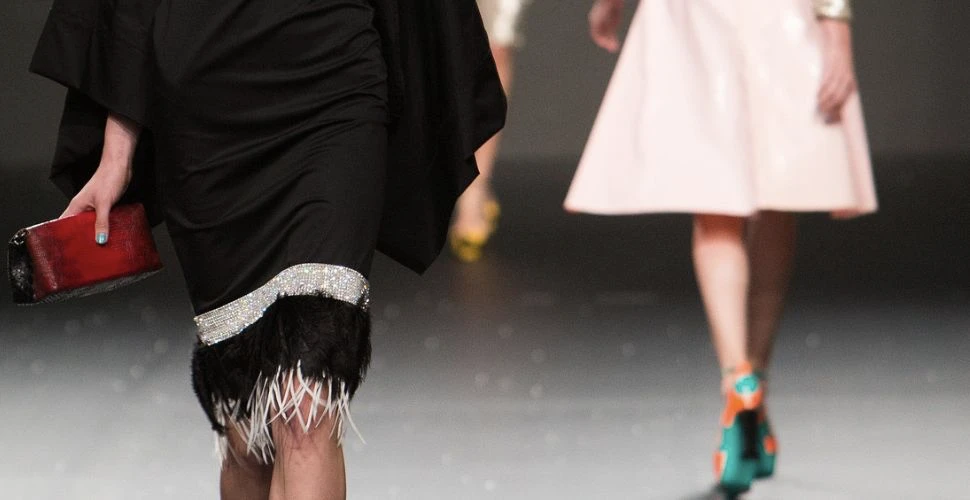Fashion Weeks are hitting the runway around the world, but what lies beneath the veneer of glamor?
Rampant exploitation of garment workers
The fashion industry relies on the exploited labor of workers around the world who make billions of garments every year, the majority of which end up in landfill, for little or no pay with fashion brands failing to take responsibility for forced labor and other rights abuses in their supply chains. This is compounded by the absence of comprehensive laws requiring companies to act to protect workers from exploitation.
Garment workers in Pakistan making clothes to be sold by fast fashion giant Boohoo reported working 24 hour shifts and being paid 29p ($1) per hour. A 2020 investigation by Labour Behind the Label uncovered how conditions of modern slavery were also rife in Boohoo’s factories in Leicester, U.K.
The report found workers being paid well below the minimum wage, receiving just £3.50 ($4) per hour, forced to work with COVID-19 symptoms, and having their identity documents held by their employer:
“Workers have reported concerns about a factory operating several sites, of which one employs around 30 workers from Eastern Europe. All these workers have been forced to continue working throughout lockdown and receive around £3–4 per hour. There is reportedly no social distancing, PPE provision or hand sanitizers for the workers. Most workers have little English and all are alleged to have their ID documents held by the employer.”
At New York Fashion Week, Boohoo announced it would be embarking on “sustainability journey” conveniently ignoring the fact that little has changed for workers in its factories since the 2020 report.
Worker empowerment key to organizing against exploitation
The U.K. government’s prioritisation of hostile immigration policies over strengthening modern slavery protections plays a significant role in preventing workers from speaking out about labor abuses.
Driven in part by the discovery of exploitation and modern slavery in Leicester, last November the Home Office gave immigration enforcement the power to decide human trafficking and modern slavery claims […] Giving the Home Office this power means that many victims, who undoubtedly lack a secure immigration status, will fear detention (where they may not be appropriately identified, protected or supported) if they come forward to seek help from authorities. Instead, the political agenda continues to drive victims underground and allows open secrets such as the Leicester textiles industry not only to continue, but to thrive.
Forced labor fashion and Uyghur forced labor
As part of China’s state-sanctioned system of forced labor in the Uyghur Region, Uyghurs and other Turkic and muslim minorities are subjected to forced labor in the production of garments that end on shelves in Uniqlo, Nike, and Zara to name a few.
That’s why we’re urging fashion brands to commit to exit the Uyghur Region and end relationships with suppliers that support the forced labor system.
Write to fashion brands today and ask them to take a stand against forced labor fashion.







Freedom United is interested in hearing from our community and welcomes relevant, informed comments, advice, and insights that advance the conversation around our campaigns and advocacy. We value inclusivity and respect within our community. To be approved, your comments should be civil.